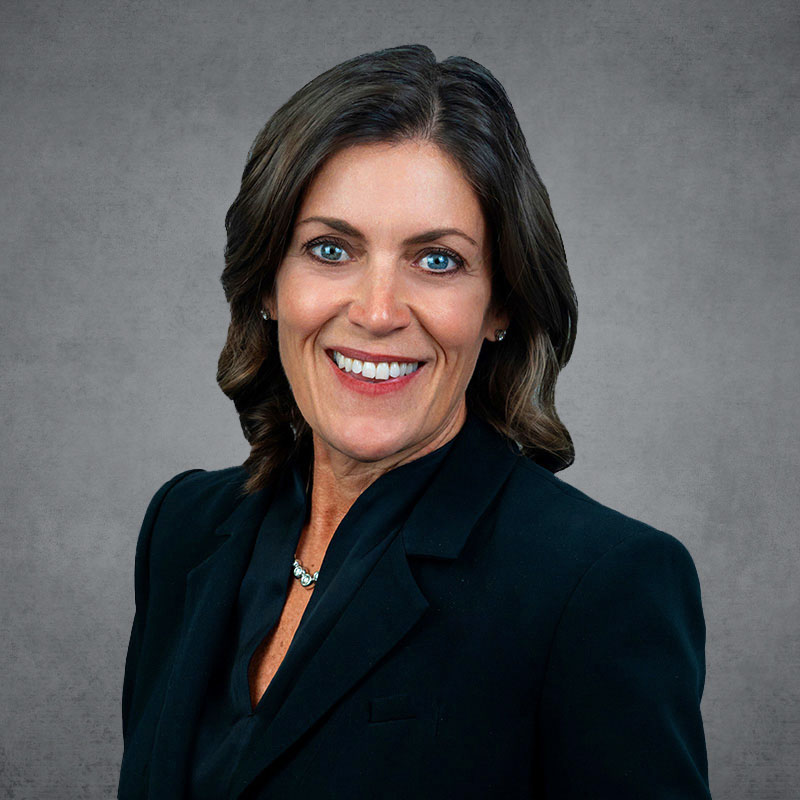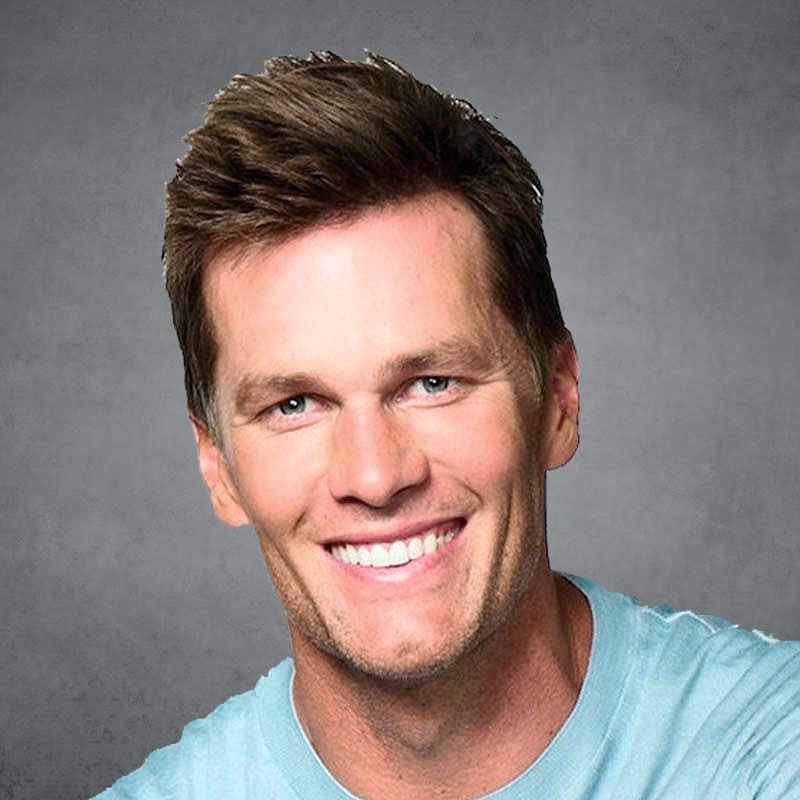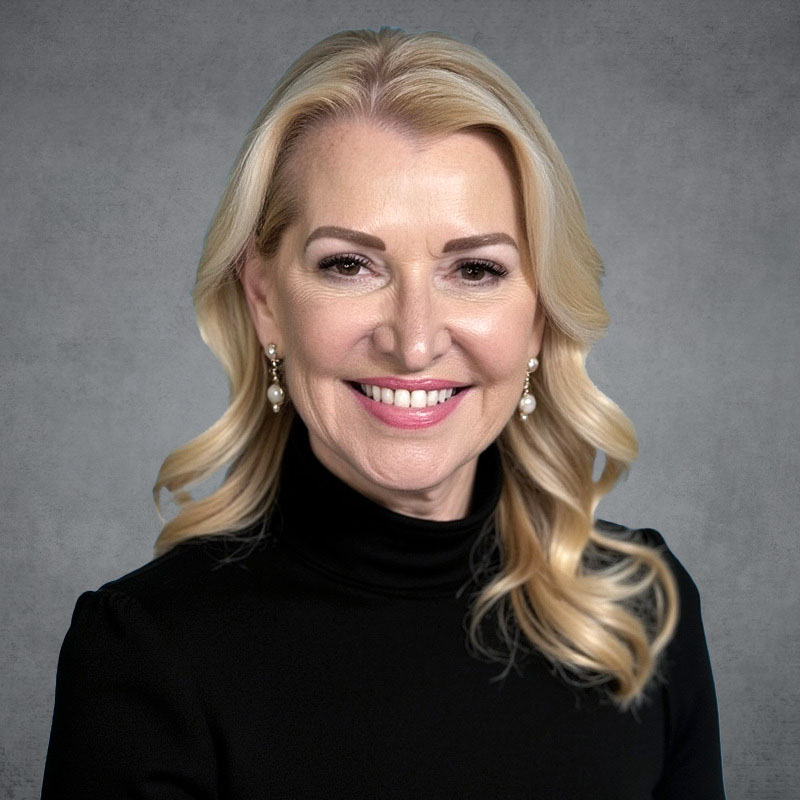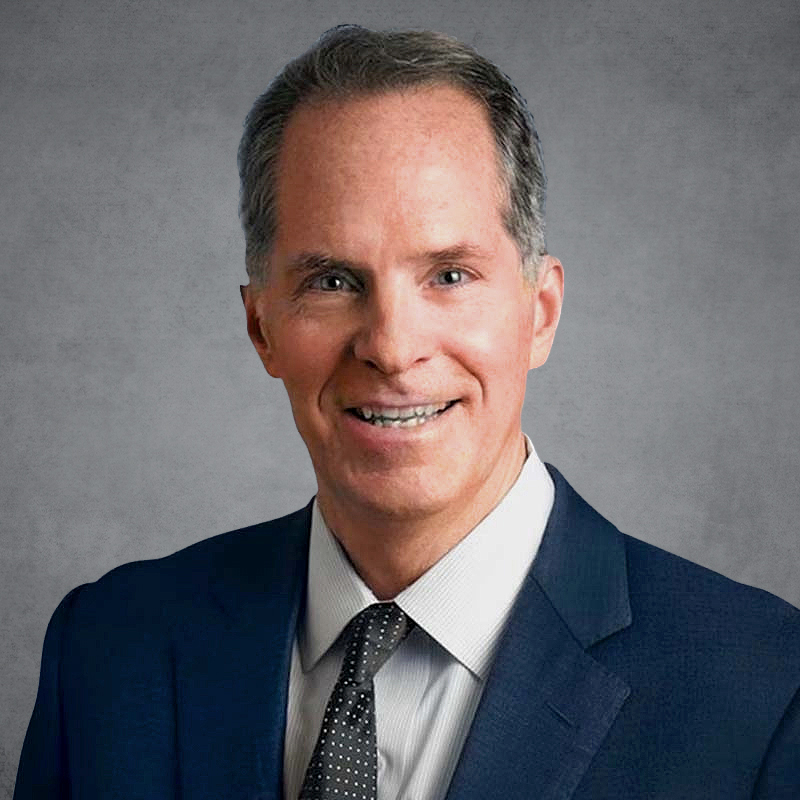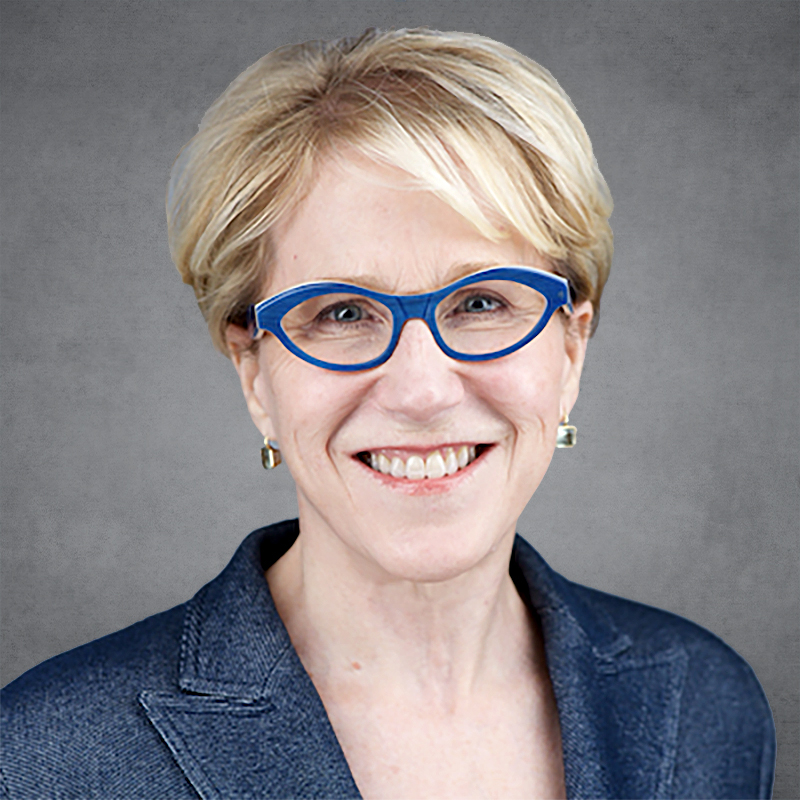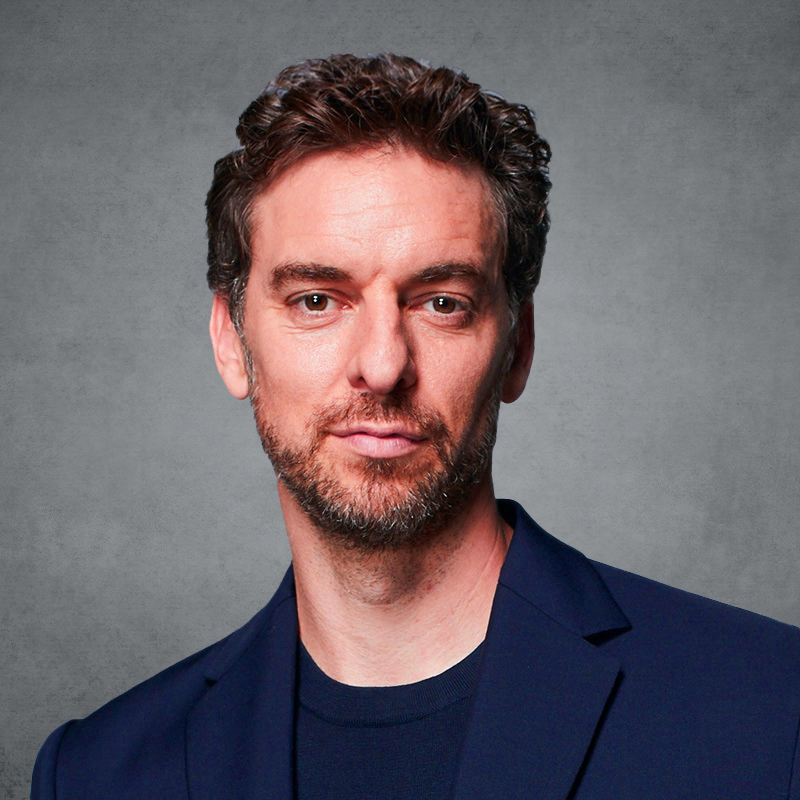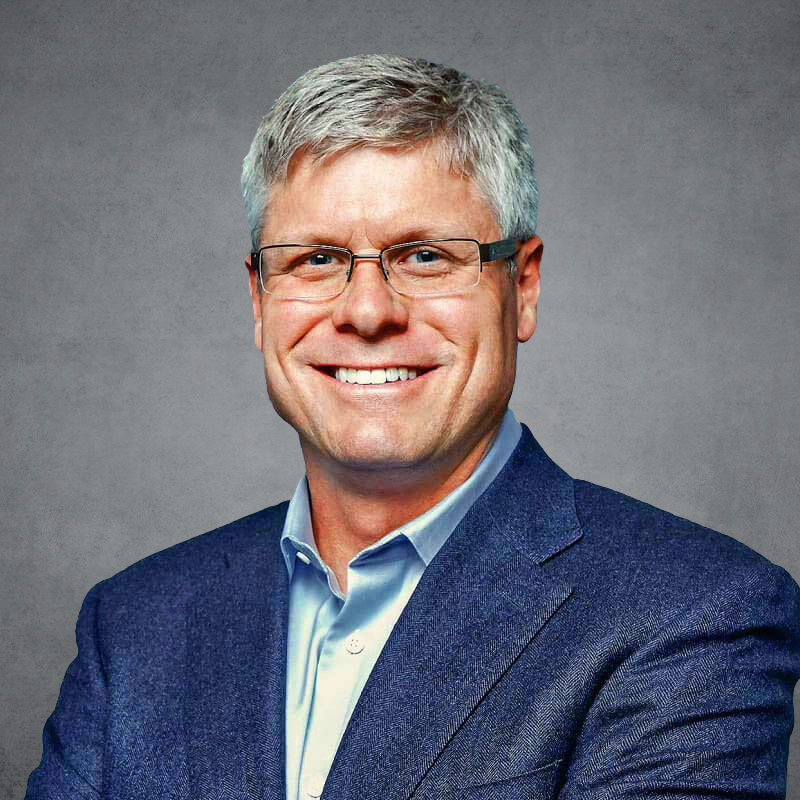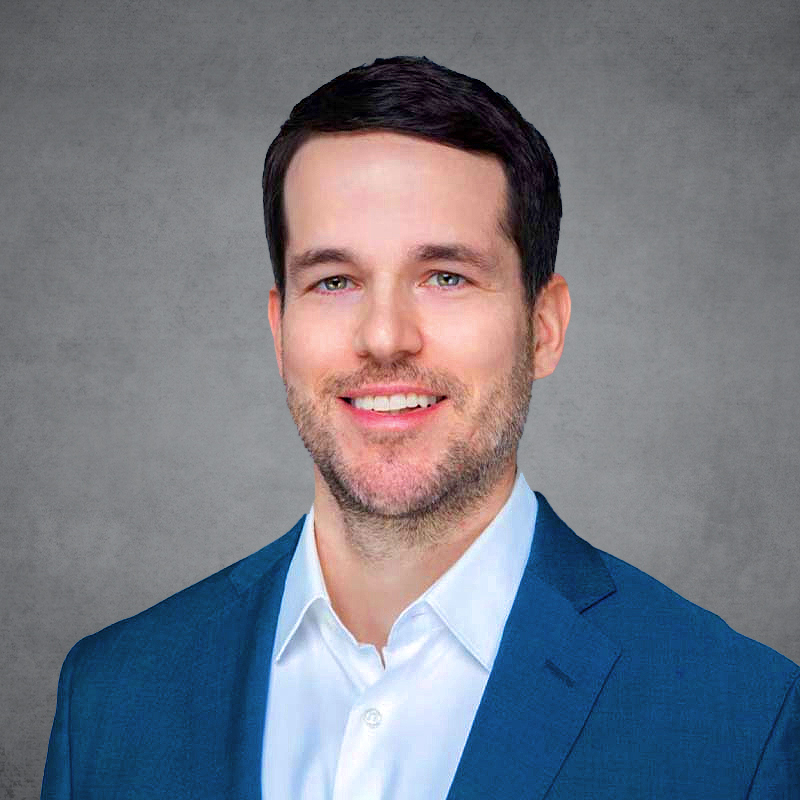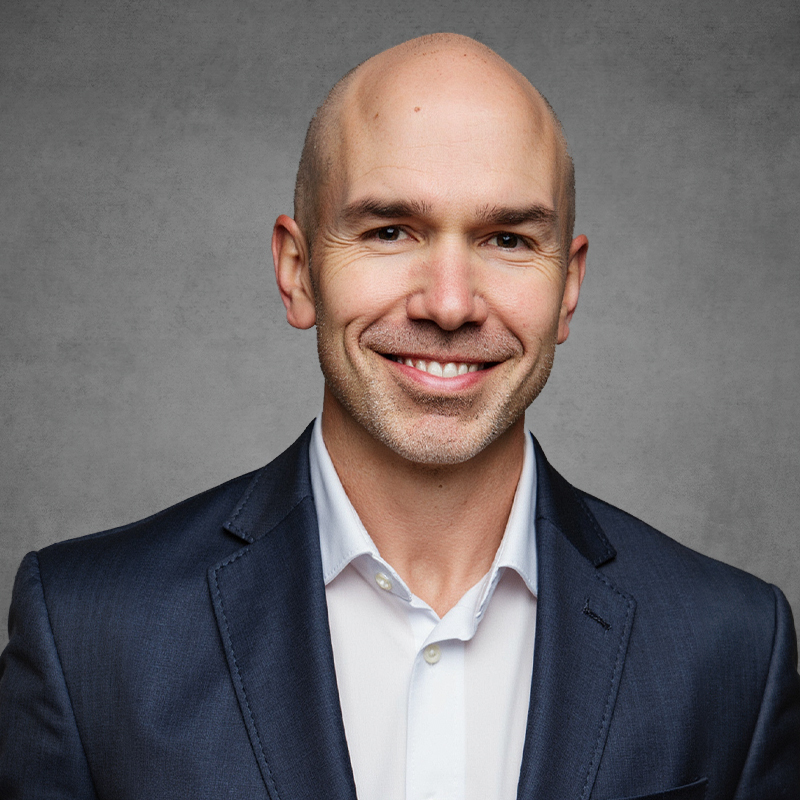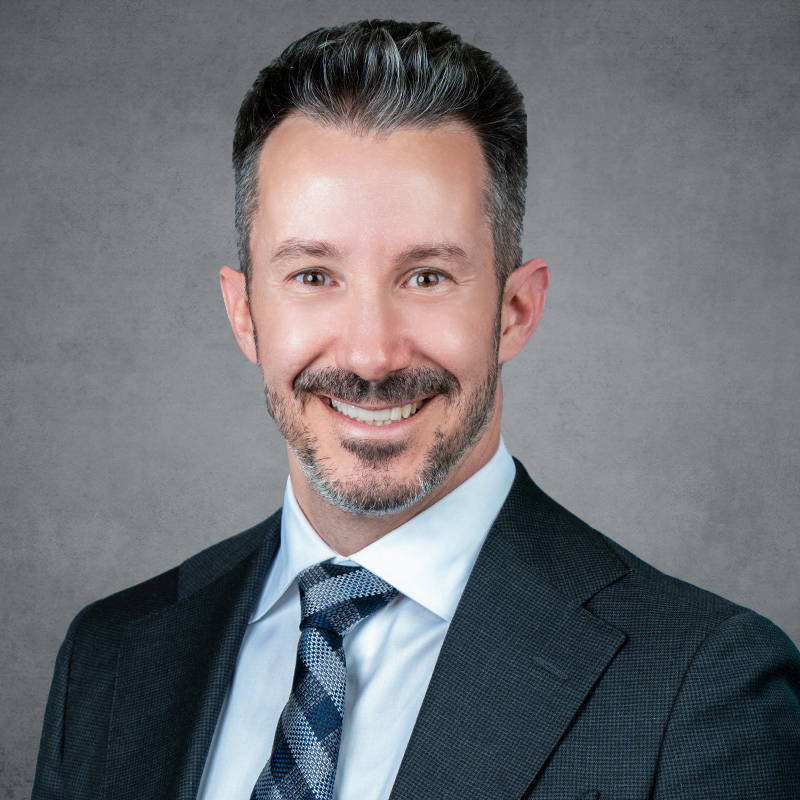Is Building a ‘Sustainable Brand’ Still a Smart Strategy? What the Backlash Against ESG Means for the Future Of Brand Building


Executive Perspectives
For the past few years, the majority of the United States’ top companies have been acutely focused on incorporating ESG into their business strategies. For many of these organizations, sustainability has become an integral part of their corporate image, woven into the fabric of the company’s narrative, branding and overall identity. Well-known corporates such as Netflix, Visa and even oil and gas heavyweight, Exxon Mobil, have concentrated large amounts of resources towards ensuring a thorough ESG strategy and top-tier ESG ratings. BlackRock is a household name when it comes to promoting ESG investing, with CEO Larry Fink famously stating in his 2022 annual letter to CEOs, “We focus on sustainability not because we’re environmentalists, but because we are capitalists and fiduciaries to our clients.”1
However, a recent anti-ESG movement is beginning to gain more widespread support. Proponents of this movement are targeting what they are calling ‘Woke Capitalism,’ arguing that the sustainability movement is politically motivated and forces companies and money managers into making decisions they wouldn’t normally make. More importantly, these anti-ESG proponents argue that ESG isn’t effective in performing its core goals, including optimal returns to shareholders. Many states are now considering anti-ESG legislation, shareholder lawsuits associated with ESG practices continue to become more prevalent, and a joint resolution from the House and Senate blocked a new Labor Department directive that would have made it permissible for retirement plan managers to weigh ESG issues in their investment decisions (that resolution was vetoed by President Biden).
Companies can find themselves caught in the middle. Consider the backlash Disney is facing in Florida from conservative politicians over its ESG-related business practices, particularly around its diversity and LGBTQ policies. Despite evidence of the business impact of ESG activities, many activist investors see these businesses as leaving money on the table.

Sustainability is tricky to define since it often gets linked, fairly or unfairly, with being “green” – emissions and the carbon footprint of the brand. Coming from the perspective of a marketer, I firmly believe that the marketplace and consumers define sustainability.
- Wendy Clark | Partner & President
Following all of the government and corporate commitments at COP26 in Glasgow, we remain on a path well above 3°C warming, which is more than double the scientifically proven requirement to achieve warming of no more than 1.5° C.2 To meaningfully slow warming and reach our global net zero goal, the planet must achieve carbon neutrality by 2050. Although some progress has been made, there is still a long journey ahead, and businesses and consumers will have interrelated roles in helping society achieve this monumental feat. The brands that thrive in this new reality will be the ones that not only respond to their consumers’ demands for sustainability, but also leverage sustainability to drive business value.
Defining Sustainability
Sustainability is tricky to define since it often gets linked, fairly or unfairly, with being “green” – emissions and the carbon footprint of the brand.
Coming from the perspective of a marketer, I firmly believe that the marketplace and consumers define sustainability. The 2022 IPCC report cited that behavioral and cultural changes represent “a substantial overlooked strategy” that’s been left out of many net-zero transition pathways and scenarios.3 Relatedly, the UK Committee for Climate Change estimated that over 60% of the transition to net-zero will come from individual consumer behavior changes in the way people live and work.4
How consumers live their lives and bring brands into their lives is the ultimate demarcation because these consumers recognize, especially among younger generations, that they are material to the transition. Brands can lead but consumers will demand – and that’s what sets a sustainability standard.
The Challenges With ESG
The collection of environmental, social and governance certainly is an interesting grouping. Governance will forever be a centerpiece for leaders and, as much as we try to decouple this seemingly disparate combination, social and environmental responsibility are inextricably linked to governance. There is a serious responsibility associated with how businesses use the world’s resources to manufacture and sell a bar of soap or market a service; in that sense, executives can’t run a business without governance around environmental and social responsibility.
A business challenge in ESG is that chief sustainability officers don’t typically have P&L responsibility and thus can be seen as less connected to the business KPIs overall. Potentially these roles need to begin reporting more into the CFO or COO so they can be visible with a material business lens. Often these positions get rooted in HR or communications – in other words, non-financial centers. But in order to create meaningful impact, sustainability is best rooted in revenue-adjacent departments, such as supply chain or finance, where it becomes much easier to integrate both growth and good objectives.
Multinational furniture and home goods conglomerate, IKEA, is a hallmark example of a sustainable brand. Jesper Brodin, the CEO of Ingka Group (IKEA Retail)”, has prior experience overseeing IKEA’s product range and supply chains in various locations around the world. With his deep knowledge of IKEA’s global supply chain, Jesper’s leadership has resulted in IKEA seamlessly integrating sustainability at the core of the company’s wider business strategy and as a key growth imperative.
Sustainability in 2030 – Starting in the 2010s
Some net zero commitments will begin to mature in 2030, as companies and societies together start to achieve net neutrality in carbon emissions. Just a few years down the road, we will have evidence and impact of sustainable lifestyles. Not only will companies get better at being sustainable, but we will see significantly higher uptake with Gen Z and millennials than with older generations as these socially minded groups will represent more of the population.
For example, the World Economic Forum estimates that a global move to plant-based diets would free up 75% of the world’s agricultural land.5 And plant-based diets are becoming more popular, with one study finding a 600% increase in Americans following a vegan diet from 2014-18.6 The trend toward plant-based diets will only become more pronounced in coming years, which will lead to shifts in the ecosystem – again as consumers drive the sustainability agenda.
While that metric might seem extreme, look at the case of McDonald’s, the largest user of eggs in the world. In the 2010s, with consumer demand increasing for antibiotic-free chicken and cage-free eggs, McDonald’s found itself in a tough position as there was not an organic eggs market of the scale necessary to support McDonald’s needs to source antibiotic-free chicken. But instead of taking the 2010 supply chain at face value, McDonald’s established an antibiotic-free chicken supply chain for their restaurants over the subsequent three years.7 They are also in the midst of a 10-year transition to all-cage-free eggs by 2025.8 McDonald’s recognized that this consumer demand was not a fad and that the investment was necessary to meet shifting consumer expectations over time. But here’s the other benefit: Once a mega-multinational like McDonald’s establishes that supply chain, the local café on your block that might have always used antibiotic-free chicken and cage-free eggs can now acquire those items at significantly lower cost. The cyclical benefit of the big players making these changes benefits the small, local businesses and builds a positive halo effect.
Even in areas where consumers aren’t directing the sustainability agenda, the environment is – pronounced impacts of climate change are visible throughout business operations and some impacts vary by category and sector. Think of the ecosystems required to supply cacao or palm oil; supplies of some of these ingredients are under incredible stress. The resulting impact of these shifts is often surprisingly devastating. For example when farming is no longer possible in a region, there is subsequent human impact, including the flights of communities, shifts in migration patterns, loss of culture and more. These are all knock-on effects of the loss of a single agricultural product. And there’s no question that these effects will continue to be seen across categories.
Sustainability Comms are Financial Comms
One of the challenges we have seen with sustainability (which by its nature is a long-term strategy) is communicating ‘the why’ to shareholders who might be more focused on near-term returns. One of the most important things leaders can do is to lead and communicate a sustainability agenda and message that’s in the language of business. It’s imperative that business leaders who believe in reducing their company’s carbon footprint articulate and demonstrate their sustainability strategy and outcomes in terms that resonate and are important to their shareholders; in other words, in the terms of key performance indicators of their business.
There is a clear opportunity to incorporate into this type of communication how sustainability commitments are driving the bottom line – these messages of growth and good have to be singular, not separate. Leaders have to communicate these ideas in a sole narrative about driving long-term shareholder value and sustainable returns. And they must show how sustainability is non-negotiable in helping them do that.
For example, in a previous role, my company was in a global pitch for a luxury brand. In the final meeting, the head of marketing for that brand said that they had made a commitment to be net-zero by 2025 and asked if we, as a supplier, would be willing to accelerate our own net-zero commitment to 2025 to support their organization’s Scope 3 emissions goals. That was an easy “yes” from our end. Our footprint factors into their supply chain. That means, if we’re net zero, we will accelerate this partner. Because of this brand’s net-zero requirement, sustainability became a revenue lever for us. My company was able to make the commitment and we won the business. In this sense, sustainability was material in driving top and bottom-line revenue for our business.
Here, the answer had to be carefully stated as business success. For companies, that is the goal of sustainability: assuring the legacy and continued strength of the business over time in a world that will have fewer and fewer resources. It means readying supply chains, manufacturing and workforces for a world that works more consciously. Consumer demand is changing. Leaders have to answer in a way that addresses these consumer demands while achieving profitability and success for their companies.
The Proof is With the Consumer
When I was with The Coca-Cola Company, as marketers it was our responsibility to deeply understand the lifecycle of Coke drinkers. Our truth was based on consumer needs, habits and consumption that guided our decisions and informed our business strategy.
The most important thing business leaders can do is educate investors on where consumer demand is going and how the business and brands are shifting to meet that demand. The truth of the consumer is inalienable, and the future of the consumer set for any business is material to that business’s success.
Sustainability is only growing in importance to millennials, Gen Z and Gen Alpha when it comes to purchasing and consumption decisions. Leaders must think of how to educate investors on how they will meet demands in the marketplace and where profitability will come from. We must recognize that people who have the means to live their lives how they want will pay a premium for brands that match their values.
Moreover, the interactions brands have with consumers might impact their sustainability agenda. For example, Domino’s is shifting much of its delivery fleet to electric vehicles, while Kellogg’s is currently working towards 100 percent reusable, recyclable or compostable packaging by the end of 2025.9 Consumers see the electric delivery vehicles parked in their driveways and the cereal boxes that come into their homes. In other words, the point of interaction with consumers is the reality.
Human, Business Impacts
One area ESG has been questioned is in HR practices, with critics citing that race, gender and other protected terms have undue influence in the hiring process. I’ve seen a somewhat different take play out in practice. The reality for HR and ESG is that we are recruiting from a growing population of younger people. We simply hire more Gen Z and millennial employees at this point as boomers and Gen X generations begin to retire from the workforce.
Inclusivity is especially important to these generations. They are connected to a company’s ESG agenda and believe that practicing their stated values is critical. I’ve found in hiring that it’s often a company’s ESG agenda that is as fundamental as a bonus to millennials, with many asking about ESG goals and sustainability commitments during the interview process. These generations are the future of our workforce; as such, ensuring that we as leaders address what is important to these groups is crucial in order to recruit and retain key talent.
The sustainability agenda must also be in lockstep with social commitments (both internal to the company and external to the community) including race, ethnicity, gender equality and LGBTQ+ rights, disability inclusion, socio-economic considerations and more to have full impact. Moreover, these efforts serve to reinforce one another.
This agenda is also impacting benefits in interesting ways. While I was at Dentsu, we began the process of shifting company cars to an electric fleet. As the pandemic surged, for hybrid or remote workers, we found ourselves exploring how to help our employees with green energy credits and energy offsets as part of the employee benefits offering. Like health or daycare, sustainability became part of our benefits offering.
Start With a Single Step
Business leaders might feel overwhelmed wondering where to start when it comes to their sustainability journey. It starts with identifying the components that are most critical to your own business. Be patient; it takes time, and you can’t skip steps. Carbon accounting requires very detailed work to avoid greenwashing. Many organizations have whole teams of analysts who are trying to understand how emissions are traced through supply chains and other fundamental aspects of the business. The complexity of understanding the emissions of a bar of soap is not to be underestimated!
At Dentsu, for example, people are at the core of the business; because of this, one of the most impactful opportunities for reduction was our electricity usage. We tackled that first with renewable energy in every market where it was available and then purchased offsets elsewhere. Next, we took on air travel, then automobiles, then other pieces. We ate the proverbial elephant one bite at a time.
Also, as responsible leaders, we have to know when to compete and when to collaborate. Sustainability efforts provide a wonderful opportunity to partner on universally important and beneficial challenges. For example, at Dentsu we conducted extensive research in order to first calculate and then reduce flight emissions by 65%. We then offered open access to that data, even to competitors, as it was the right thing to do in order to advance one step closer to the collective goal of achieving net zero.
Sustainability Beyond 2030
By 2030, many companies’ net-zero commitments will mature. We’ll see the benefits of those commitments working through the various channels of business as the flywheel keeps turning, avoidable emissions go down and the green premium trends to zero across industries.
Where will we see the next big impacts? When it comes to the next flywheel, packaging continues to be an ever more important target with consumers, as companies treat it more mindfully in terms of waste and single-use utility. Additionally, food types (plant-based) and ingredient sourcing will continue to gain focus and scrutiny from consumers.
Technology is another flywheel needed to achieve net zero across the board. Government incentives will play an important role in driving new technology and solutions and accelerating companies’ transition to cleaner business. Many of these innovations, from carbon capture to virtual power purchasing agreements, are increasing in scale already.
We will also see an ever-steeper curve in access and transparency of information requirements for all organizations, including for-profit, non-profit and government. Consumers’ commitment and ability to access information, as well as massive amounts of “misinformation” from sources, means that organizations have to provide direct, current and complete materials to ensure their “truth” is accessible and understood by consumers.
Despite some current headlines focused on the negative sentiment associated with certain constituencies, when it comes to ESG, I don’t believe companies will be thrown off the sustainability path. The business leaders I know understand the profound connection between sustainability and their businesses continued progress and prosperity.
Moving forward, we may witness leaders refining their communication strategies to ensure that their financial targets and key performance indicators are more directly interwoven into the sustainability narrative. Overall, I believe we will see a further melding of sustainability and profitability as good and growth become ever more congruent and critical.
- 1
BlackRock. Larry Fink’s 2022 Letter to CEOs: The Power of Capitalism. (2022). Retrieved from https://www.blackrock.com/dk/individuel/2022-larry-fink-ceo-letter
- 2
United Nations. COP26: Together for our planet. Retrieved from https://www.un.org/en/climatechange/cop26
IPCC. Climate change 2022: Impacts, adaptation and vulnerability. Retrieved from https://www.ipcc.ch/report/ar6/wg2/ - 3
House of Lords. In Our hands: Behaviour change for climate and environmental goals. (2022, October 12). Retrieved from https://committees.parliament.uk/publications/30146/documents/174873/default
- 4
World Economic Forum. Report: We urgently need to move to plant-based diets. (2021, February 17). Retrieved from https://www.weforum.org/agenda/2021/02/plant-based-diet-biodiversity-report/
- 5
Clem, J., & Barthel, B. A look at plant-based diets. Missouri Medicine. (2021). Retrieved from https://www.ncbi.nlm.nih.gov/pmc/articles/PMC8210981/
- 6
Aubrey, A. McDonald’s Now Serving Chicken Raised Without Antibiotics — Mostly. NPR. (2016, August). Retrieved from https://www.npr.org/sections/thesalt/2016/08/02/488285374/mcdonalds-now-serving-chicken-raised-without-antibiotics-mostly
- 7
Berkhout, N. McDonald’s commits to advances in chicken welfare. Poultry World. (2022, November). Retrieved from https://www.poultryworld.net/the-industrymarkets/market-trends-analysis-the-industrymarkets-2/mcdonalds-commits-to-advances-in-chicken-welfare/
- 8
Labs, W. Kellogg announces 100 percent sustainable packaging goal. Food Engineering. (2018, October 26). Retrieved from https://www.foodengineeringmag.com/articles/97864-kellogg-announces-100-percent-sustainable-packaging-goal
The views and opinions expressed herein are solely those of the individual authors and do not necessarily represent those of The Consello Group. Consello is not responsible for and has not verified for accuracy any of the information contained herein. Any discussion of general market activity, industry or sector trends, or other broad-based economic, market, political or regulatory conditions should not be construed as research or advice and should not be relied upon. In addition, nothing in these materials constitutes a guarantee, projection or prediction of future events or results.
